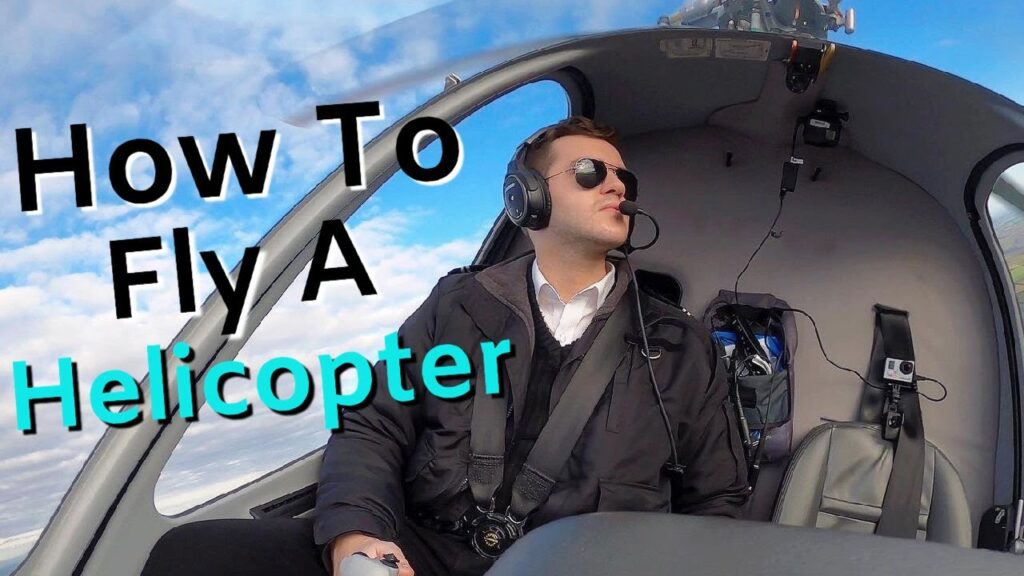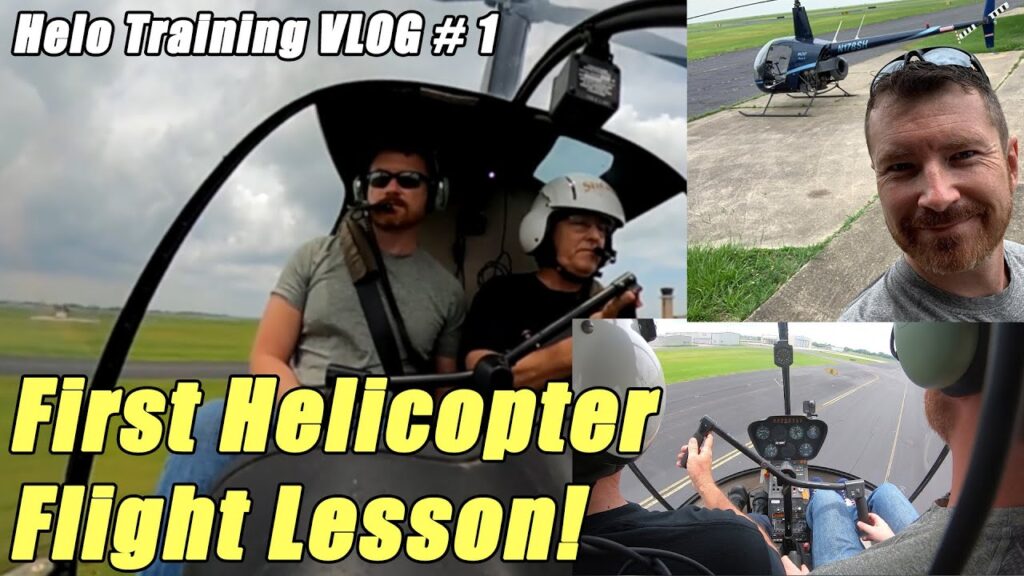Understanding the Basics of Helicopter Training
Embarking on the journey to become a helicopter pilot requires a foundational understanding of the training process. At its core, helicopter training is a structured program designed to equip aspiring aviators with the necessary skills and knowledge to operate helicopters safely and efficiently. The training typically begins with ground school where students learn the theoretical aspects of flight, helicopter mechanics, weather, navigation, and FAA regulations.
After ground school, students progress to actual flight training, which is the heart of the experience. This is where theory meets practice, and learners start accumulating flight hours under the watchful eye of certified flight instructors. Hands-on training involves mastering hover control, takeoff and landing procedures, emergency maneuvers, and cross-country flight planning. It’s essential for students to build confidence in controlling the aircraft in various conditions and situations.
Advanced training modules introduce more complex scenarios, including instrument flying, night operations, and flying in adverse weather. These lessons are critical for a well-rounded skill set that prepares pilots for the diverse challenges they will face in the aviation industry. Dedicated and rigorous, helicopter training is designed not merely to pass a test but to ensure the highest levels of proficiency and safety for pilots as they take to the skies.
Finding the Right Helicopter Training School
Choosing the right helicopter training school is crucial for those aspiring to become skilled pilots. A meticulous approach can ensure you’ll receive quality education and hands-on experience. Researching each school’s accreditation and certification is foundational. Accredited schools adhere to rigorous standards, assuring comprehensive training that aligns with industry expectations. Additionally, certified instructors play a pivotal role in your aviation journey, as their expertise can significantly influence your skills development and knowledge.
Flight training programs vary widely among schools. Candidates should examine the curriculum and course offerings carefully. A structured program that progresses from ground school classes to actual flight training ensures well-rounded education. It’s important to ask about the types of helicopters used for training, as different aircraft will offer diverse flying experiences. Some schools may offer specialization in areas such as emergency medical services (EMS), search and rescue operations, or flying in challenging weather conditions, which could be critical to your future career.
The location of the helicopter training school also has a profound impact on the training experience. Schools situated in diverse terrains and climates provide beneficial exposure that will prepare students for real-world piloting scenarios. Consider choosing a school where the geographical conditions align with the type of flying you aim to do in the future. Additionally, comparing the cost of training, availability of financial aid, and job placement assistance can help in making an informed decision that aligns with your career goals and financial plans.
The Path to Your Helicopter Pilot License
Gaining your helicopter pilot license in the USA is an aspirational goal that opens up a world of adventure and professional opportunities. The journey starts with understanding the basic requirements set by the Federal Aviation Administration (FAA), which involves a minimum age of 17 years and the ability to read, speak, write, and understand English to a satisfactory level.
Medical Certification: Before you can take the controls of a helicopter, you must obtain a medical certificate. This is to ensure you meet the health and fitness standards required of a pilot. For those aiming to make a career out of flying helicopters, a second-class medical certificate is essential. However, for hobbyists or private pilots, a third-class certificate suffices.
The next step on your path involves selecting a flight school that is certified by the FAA. This is a crucial decision as the quality of your training will significantly influence your skills as a pilot. Researching and choosing a school with experienced instructors, a good safety record, and a fleet of well-maintained helicopters should be a priority.
Ground School and Flight Training
Once enrolled, aspiring pilots will undertake a combination of ground school and actual flight training. Ground school equips you with the theoretical knowledge required to fly a helicopter, including subjects on aerodynamics, navigation, weather, and FAA regulations. Concurrently, practical flight training provides the hands-on experience necessary to maneuver and control the helicopter with confidence and competence.
As you progress, you will also need to log a minimum number of flight training hours. According to the FAA, obtaining a private helicopter pilot license requires at least 40 hours of flight time, including 20 hours with an instructor and 10 hours of solo flying. These hours include specific maneuvers and procedures, ensuring a comprehensive piloting education.
Preparing Mentally and Physically for Helicopter Training
Embarking on helicopter training is an exciting journey that requires a high level of commitment and preparation. Before you set foot in the cockpit, it’s essential to ensure that you are mentally and physically ready to take on the challenges that come with learning how to pilot a helicopter. This preparation can make the difference between a smooth learning experience and one that’s fraught with unnecessary obstacles.
Strengthening Your Focus and Concentration
Helicopter piloting demands exceptional focus and the ability to concentrate under pressure. Prior to starting your training, you can enhance these skills by engaging in activities that require sustained attention, such as meditation, strategy games, or even flying simulators. Spend time every day practicing these activities to cultivate a mental environment where distractions are minimized, and your ability to remain calm and concentrated improves.
Understanding The Physical Demands
Flying a helicopter is not just a mental task; it also requires physical prowess. Piloting involves controlling multiple instruments simultaneously and can be physically taxing over long periods. To prepare, maintain a regular fitness regimen that emphasizes core strength, flexibility, and endurance. Activities like yoga, pilates, or any full-body workout will improve your stamina and the ability to handle the helicopter’s controls with confidence.
Nutrition and Rest
Paying close attention to your diet and sleep patterns is crucial when preparing for helicopter training. Proper nutrition fuels the body and mind, keeping you alert and ready to absorb new information. Aim for a well-balanced diet rich in lean proteins, whole grains, fruits, and vegetables. Furthermore, ensure you adopt a consistent sleep schedule that allows for ample rest, as a well-rested mind is essential for handling the rigors of helicopter flight training.
Emotional Resilience and Stress Management
The path to becoming a proficient helicopter pilot can be stressful, with both high expectations and the inherent risks of flying. Building emotional resilience is an integral part of your mental preparation. Develop coping strategies to handle stress, such as deep breathing exercises, engaging in hobbies that relax you, or establishing a support system among family, friends, or fellow trainees. The ability to manage stress effectively will not only benefit your training process but also your future piloting career.






